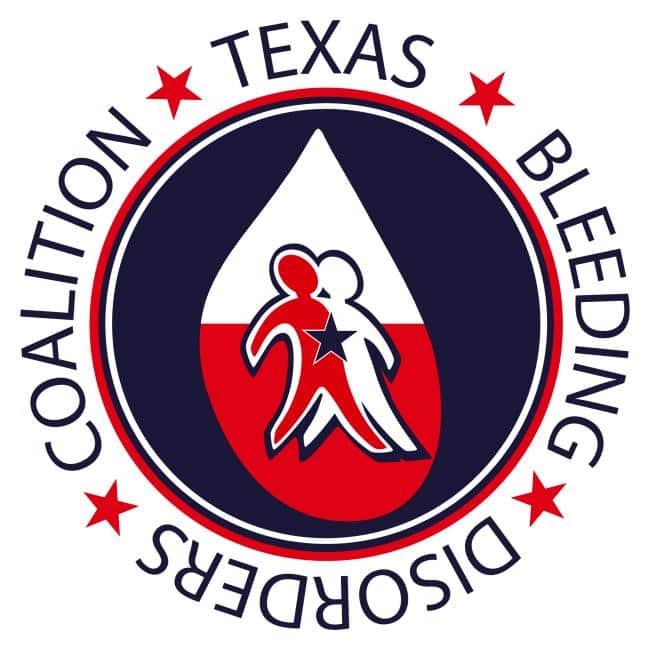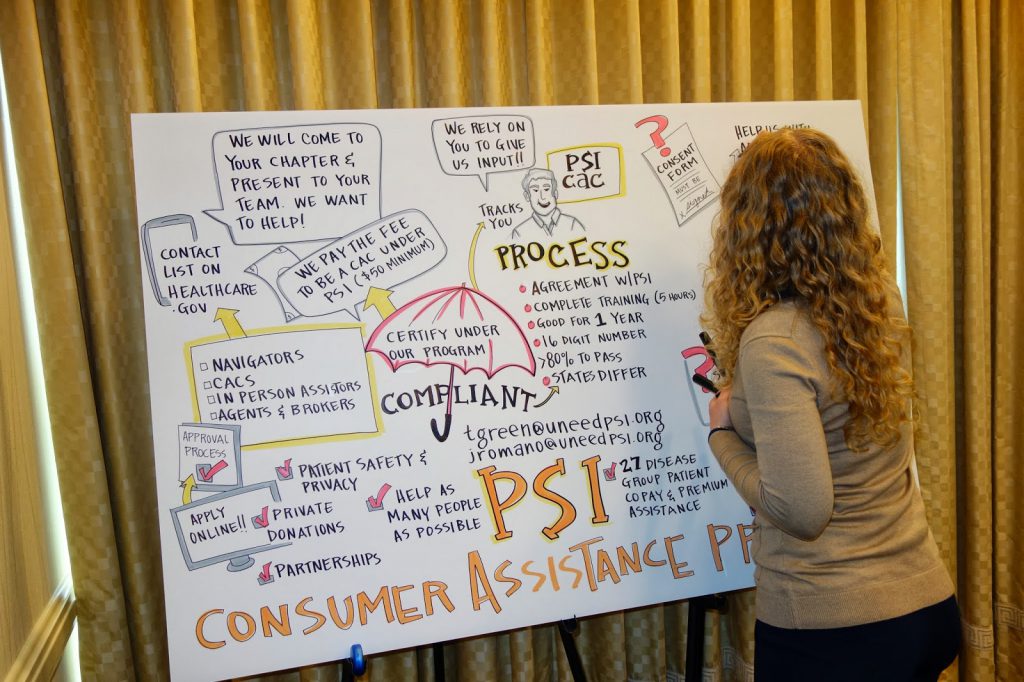Co-Pay Caveats

The Texas Bleeding Disorders Coalition announced recently with pride that HB 999 passed unanimously, 31-0, out of the Senate. This bill will eliminate copay accumulator adjuster programs on state health plans in Texas. Patients with many chronic conditions and no generic options will no longer be penalized by CAAPS and have access to their life saving medication. This is the result of the hard work of so many over the last two legislative sessions.
What are accumulators, and why are they so important to those with bleeding disorders? Read the second of a two-part article by Paul Clement to learn why.
Insurance Company Efforts to Thwart Patient Assistance Programs Part 2
By Paul Clement
Copay Maximizeris also known as variable copay program. Maximizer programs are a recent development in insurance, and are similar to Accumulator Adjuster Plans (AAP) in that they do not count the manufacturer’s copay assistance payments toward the patient’s deductible or out-of-pocket (OOP) maximum. They differ in that the maximum value of the manufacturer’s card is divided by twelve and applied evenly throughout the benefit year and there are no OOP costs for factor. Plan members are not hit with a “copay surprise” (see last week’s blog) with a maximizer program, but they are still on the hook for paying their annual deductible and coinsurance on all other drugs and services until they reach their OOP maximum for the year. And like AAPs, copay maximizer programs often use deceptive language in descriptions of the program, as insurance companies deliberately attempt to mislead plan members by claiming they are a benefit.
To implement an AAP or copay maximizer, the health plan requires a member to enroll in a separate AAP or copay maximizer program. The plan then deems certain specialty drugs, such as factor, to be “non-essential health benefits.” Non-essential drugs are still covered by the plan, but they are not subject to the Affordable Care Act (ACA) Essential Health Benefit requirements and can be removed from the OOP maximums required by the ACA, which in turn, enables the health plan to completely deplete all of the patient assistance funds!
Depleting all of the plan member’s assistance funds puts the sustainability of the patient assistance programs at risk. Although maximizer programs avoid the AAP copay surprise, they negate the intended benefit of patient assistance programs—and remove a safety net for patients who need expensive drugs like factor but cannot afford them.
What if you, a plan member, do not want to sign up for an AAP or maximizer program? Many plans make their AAP or maximizer program a “benefit” you can’t refuse. If you do not enroll, you are subject to a higher coinsurance, sometimes as much as 50%, and because the plan has deemed factor a non-essential health benefit, the coinsurance, along with your deductible, does not count towards the annual OOP maximum. This would potentially expose you to OOP costs exceeding $100,000 or more a year—not signing up is obviously not an option if you need factor. And even though this tactic would result in you paying many times more than the permissible annual OOP limits under the ACA, insurance companies are claiming the practice is legal. Their position is sure to be tested in the courts in coming years.
Both AAPs and maximizers reduce the health plan’s cost by shifting drug costs to manufacturers and plan members. High costs for drugs often lead to poorer health outcomes as a result of members avoiding use of the specialty drug—and this increases the risk of complications (like joint damage for people with hemophilia), potentially resulting in higher costs to the health care system.
And there’s one more threat to co-pay assistance.
Alternative Funding Companies (AFCs) are also known as patient advocacy programs or specialty carve-out programs. These companies include some pharmacy benefit managers (PBMs) and several third-party vendors which offer their services to health plan sponsors, such as employers that fund their own health coverage, promising to lower their drug costs. If an employer signs on, the AFC eliminates or “carves out” specialty drugs, like factor, from the health plan’s formulary and deems them “non-essential health benefits” to bypass ACA laws and regulations, including limits on OOP costs. Usually, the health plan member does not know this has happened until they place an order for their specialty drug and received a denial for the prescription or are charged a high coinsurance because the drug is now “non-essential.”
At this point, the AFC steps in and offers to “rescue” the plan member (from a problem the AFC itself created)—you‚— by providing them the specialty drug at little or no cost. They then collect detailed personal information from you and, using a database of copay assistance programs, enroll you in multiple assistance programs, both pharmaceutical and private patient assistance programs (which is not insurance), to help cover the cost of the drug. AFC vendors also usually require you to sign a patient authorization form certifying that you are not enrolled in a health care program that pays for any portion of your prescription drug costs, in order to qualify you for some types of patient assistance (a certification which is usually patently false). When the funding runs out or if you are denied assistance, the drug is then usually covered by the plan using a “formulary exception process.” This means you must petition the insurer to cover the drug once again. And like maximizers, the “offer” to enroll with the vendor is not one you can refuse: those that do refuse are hit with exorbitant coinsurance rates they cannot afford.
Alternative funding companies are widely viewed by patient advocacy organizations as unethical because they deplete funds that have been allocated for people who truly need them. They flout the intent of patient assistance programs, which were created to help patients who genuinely cannot afford the cost of care—not to save money for plan sponsors. In addition, the process of removing drugs from the formulary, denying prescriptions, collecting personal data, enrolling patients in assistance programs, arranging for delivery of specialty drugs and then, later, returning them to the plan, all involve delays in which patients cannot access their therapy—delays which can pose a threat to patient health and even their life. These companies also impact the sustainability of vital patient assistance programs, with some companies responding by reducing the amount of assistance they provide or eliminating their patient assistance programs altogether.
Like AAPs and maximizers, alternative funding vendors are not transparent: they use duplicitous, deceptive language, describing their programs as a “benefit” and “advocacy services”—and they deceive both employers sponsoring health plans as well as plan members. (Many employers do not realize what they are signing up for.)
If you suspect you are being asked to sign up for one of these programs, contact your local hemophilia organization, or the NHF or HFA for assistance. And if you have a commercial health insurance plan and are experiencing a disruption in services or exorbitant coinsurance, including your factor being labeled as “non-essential,” contact your employer and let them know what is happening and how it is affecting your life—they may not realize how their health plan choices affect you.









